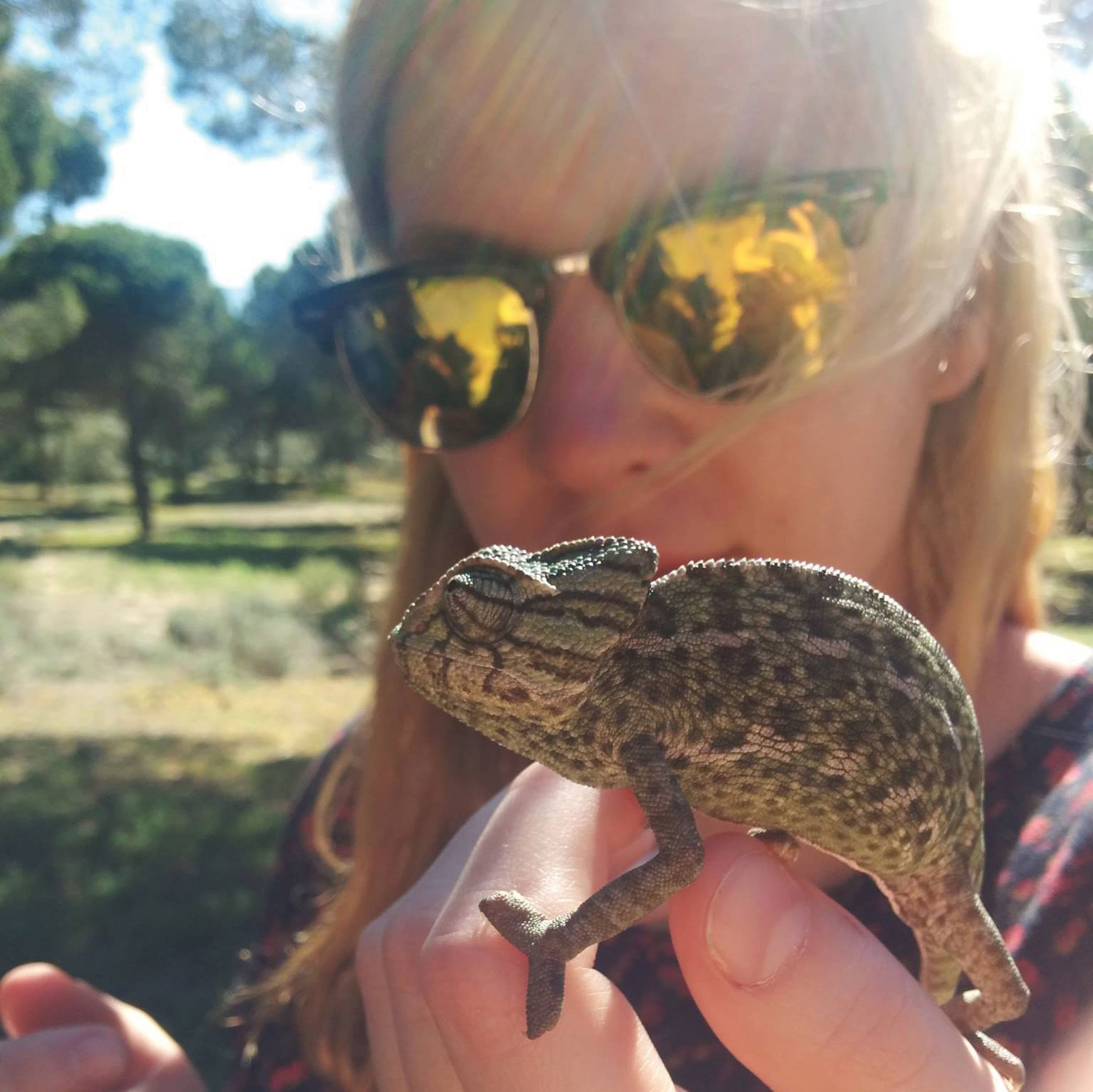Course Information
BSc (Hons) (NFQ Level 8)
Full Time – Undergraduate Studies
CAO Code: DN200
CAO Points Range 2019: 521
Length of Course: 4 Years
Average Intake: 400
- O2/H6 in Mathematics
- O2/H6 in a laboratory science (Applied Mathematics, Computer Science or Geography may be used instead of a laboratory science subject)
- and O6/H7 in English, Irish and two other recognised subjects
- A-Level/GCSE
- Other EU Applicants
- Non-EU Applicants
- QQI FET Entry Routes
- Level 6/7 Progression Routes
Why is this course for me?
This degree focuses on the biological aspects of environmental science. It equips students with a strong background in ecology and its application to environmental assessment and management. Marine, terrestrial and freshwater ecosystems are studied through the disciplines of plant, animal and microbial ecology, evolutionary biology, conservation biology, global change biology, pollution biology, soil science and wildlife ecology. There’s a strong emphasis on vocational skills and links with industry. Core modules include mock environmental impact assessment, field-based sampling in Ireland and Spain, and guest lectures from environmental managers and consultants.
Career & Graduate Study Opportunities
Environmental Biologists pursue a wide range of careers such as:
- Fisheries managers
- Environmental consultants
- Habitat ecologists
- Pollution biologists
- Wildlife and conservation officers
- National park supervisors
- Technical and scientific supervisors
- University researchers and professors
Graduate opportunities are also available for students to pursue MSc or PhD programmes. Taught MSc programmes at UCD include Applied Science (Environmental Science) and World Heritage Management.
What Will I Study
The degree reflects the integrated multidisciplinary approach required in modern environmental research and ecosystem-based management. Topics include animal diversity and evolution, wildlife and fisheries, ecology and environmental microbiology, environmental impact assessment and biodiversity. This is a sample pathway for a degree in Environmental Biology.
First Year
- Biology
- Chemistry
- Mathematics
- Optional Science modules
- Elective modules
Second Year
- Environmental Biology
- + 2 Other Science Subjects
- Elective Modules
Third Year
- Environmental Biology
- Elective modules
Fourth Year
Environmental Biology (includes an Environmental Biology research project which is self selected to suit students’ interests.)
All Science courses are full time, with many student timetables running from 9.00am to 5.00pm or later. Depending on the subject choices, a weekly timetable can include lectures, practicals and tutorials.
Assessment varies with each module but may comprise continuous assessment of practicals, written exams and online learning activities.
International Study Opportunities
Students in third year have spent time at the following universities:
- University of Auckland, New Zealand
- University of California, Santa Barbara, USA
- University of Melbourne, Australia
Testimonial
“I chose DN200 Science because I could try a whole range of Science subjects before I had to make a final choice. I decided on Environmental Biology as my degree as it provided a range of module options. For example, I had modules that incorporate Ecology, Botany, Microbiology and Zoology. The course was largely practical based, with most modules containing lab sessions and field trips, one of which takes place in Spain and gave me a chance to carry out field work on my own project. After I graduate, I would like to do some further study and hopefully work in conservation biology.”
Niamh Quirke Student

